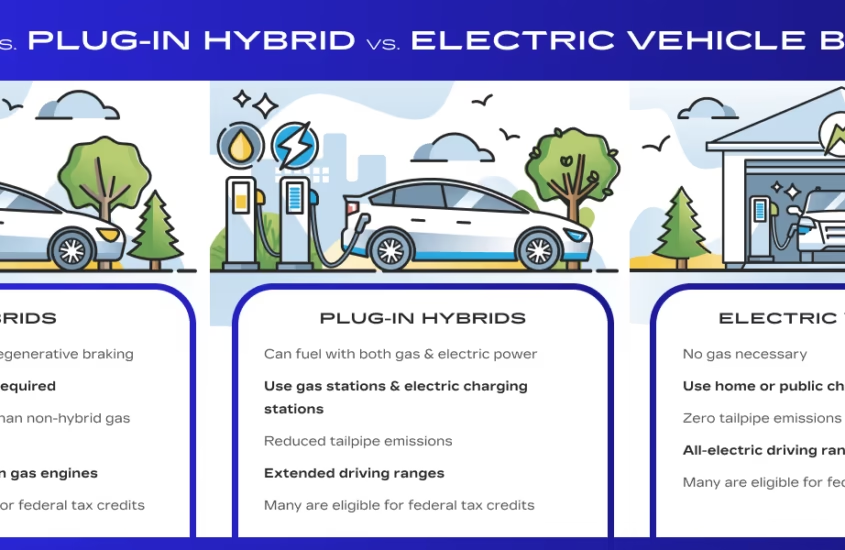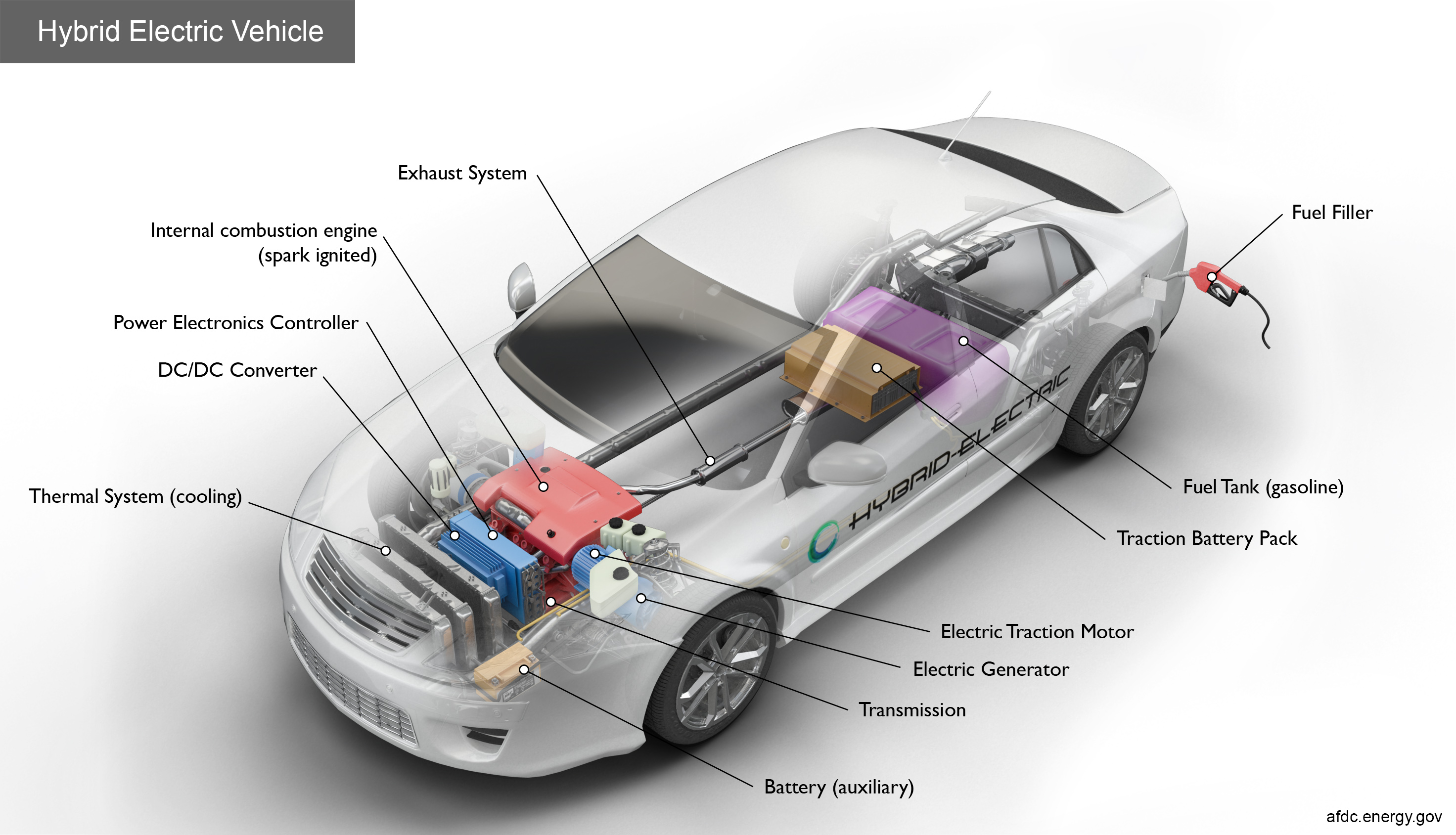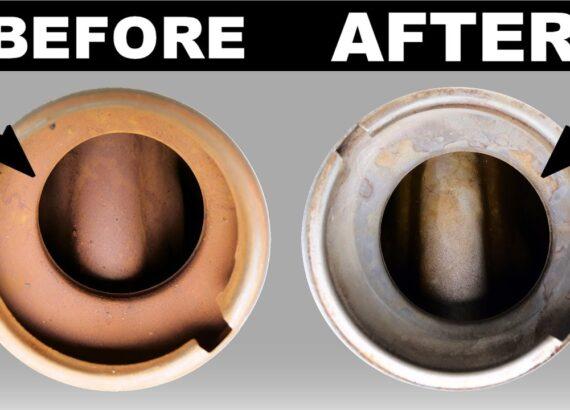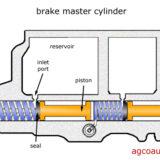
What is the Difference between Gas Hybrid And Electric Cars: Explained
Gas hybrid cars combine an internal combustion engine with an electric motor. Electric cars solely rely on electric batteries for power.
Gas hybrid and electric cars offer distinct advantages and drawbacks. Gas hybrid cars use both gasoline and electricity, providing extended range and better fuel efficiency. Electric cars, powered by rechargeable batteries, produce zero emissions and lower running costs. As the automotive industry evolves, understanding these differences helps consumers make informed decisions.
Gas hybrids are ideal for those wanting a balance between fuel efficiency and range. Electric cars suit environmentally conscious drivers looking to reduce their carbon footprint. Both options contribute to a more sustainable future in transportation.
Gas Cars
Gas cars have been around for over a century. They are powered by internal combustion engines. These cars are fueled by gasoline, which is widely available.
Fuel Source
Gas cars run on gasoline. Gasoline is a liquid fuel. You can find it at gas stations everywhere. Gasoline is stored in a fuel tank within the car. The car burns gasoline to generate power.
Engine Mechanics
Gas cars use internal combustion engines. These engines have many moving parts. They use a mixture of fuel and air to create combustion. The combustion process powers the engine.
- Pistons move up and down.
- Combustion creates energy.
- Energy moves the car forward.
Performance
Gas cars offer strong acceleration. They can reach high speeds quickly. Many gas cars are known for their reliable performance. They are often preferred for long-distance travel.
| Aspect | Gas Cars |
|---|---|
| Fuel Type | Gasoline |
| Engine Type | Internal Combustion |
| Acceleration | Strong |
| Long Distance | Preferred |

Credit: www.bravoelpaso.com
Hybrid Cars
Hybrid cars combine a gasoline engine with an electric motor. They are designed to provide the best of both worlds. Hybrid vehicles offer better fuel efficiency and lower emissions. Learn more about the unique features of hybrid cars below.
Dual Power Systems
Hybrid cars have two power sources. The gasoline engine works together with the electric motor. This dual system allows the car to switch between power sources. It optimizes performance and improves fuel efficiency. The electric motor works well for short trips. The gasoline engine handles longer journeys. Together, they provide a smooth driving experience.
Fuel Efficiency
Hybrid cars are known for their fuel efficiency. They use less gasoline than traditional cars. The electric motor assists during acceleration. This reduces the strain on the gasoline engine. Regenerative braking is another feature. It captures energy when braking and stores it in the battery. This energy can be used later, improving overall fuel efficiency.
Hybrid cars have a lower environmental impact. They produce fewer emissions compared to gasoline cars. The electric motor helps reduce the use of fossil fuels. This leads to less air pollution. Hybrids also contribute to reducing greenhouse gases. Using less gasoline means fewer CO2 emissions. These cars are a step toward a cleaner environment.
| Feature | Hybrid Cars |
|---|---|
| Power Source | Gasoline Engine + Electric Motor |
| Fuel Efficiency | High |
| Environmental Impact | Lower Emissions |
- Hybrid cars combine gasoline and electric power.
- They offer high fuel efficiency.
- They help reduce environmental pollution.
Electric Cars
Electric cars are becoming more popular every day. These cars use electricity stored in batteries to run. They produce zero emissions and are very quiet. People love them because they are good for the planet and can save money on fuel.
Battery Technology
Electric cars use advanced battery technology. Most use lithium-ion batteries. These batteries are lightweight and store a lot of energy. They can be charged many times without losing efficiency. Battery technology is improving fast. This means electric cars can go further on a single charge.
Charging Infrastructure
Charging an electric car is easy. You can charge it at home or use public charging stations. Home chargers are convenient. They can charge your car overnight. Public chargers are found in many places like malls and parking lots. Some are fast chargers. They can charge your car in under an hour.
Range And Efficiency
Electric cars have different ranges. Some can go over 300 miles on a single charge. The range depends on the battery size and the car’s efficiency. Electric cars are very efficient. They use most of their energy to move the car. This makes them great for long trips and daily commutes.

Credit: afdc.energy.gov
Cost Comparison
In today’s automotive market, understanding the cost differences between gas hybrid and electric cars is crucial. This section dives deep into the cost comparison of these vehicles, focusing on the initial purchase price, maintenance costs, and long-term savings.
Initial Purchase Price
The initial purchase price of gas hybrid cars is typically lower than that of electric cars. Gas hybrids combine a gas engine with an electric motor. This combination makes them more affordable. On the other hand, electric cars rely solely on battery power. This reliance on advanced battery technology often results in a higher upfront cost.
| Vehicle Type | Average Price Range |
|---|---|
| Gas Hybrid | $25,000 – $40,000 |
| Electric Car | $35,000 – $60,000 |
Maintenance Costs
Gas hybrids have maintenance needs similar to traditional gas vehicles. They require regular oil changes and engine check-ups. These routine services add to the overall maintenance cost. In contrast, electric cars have fewer moving parts. This leads to lower maintenance costs. Electric cars do not need oil changes. They also experience less wear and tear on brakes.
- Oil Changes: Necessary for gas hybrids, not for electric cars.
- Engine Check-ups: Regularly needed for gas hybrids.
- Brake Wear: Less frequent in electric cars.
Long-term Savings
Over time, electric cars offer significant savings. They have lower fuel costs since they use electricity instead of gas. Charging an electric car is cheaper than fueling a gas hybrid. Additionally, electric cars often qualify for government incentives, which can further reduce the overall cost of ownership.
- Lower fuel costs with electric cars.
- Government incentives and tax credits.
- Reduced maintenance expenses over time.
Both gas hybrids and electric cars have their financial pros and cons. Weighing the initial costs against long-term savings is essential.
Environmental Impact
Understanding the environmental impact of gas, hybrid, and electric cars is crucial. Different types of vehicles affect the environment in various ways. This section explores their impact through emissions, resource consumption, and sustainability.
Emissions
Gas cars produce high carbon dioxide (CO2) emissions. They burn fossil fuels, which release CO2 into the atmosphere. This contributes to global warming.
Hybrid cars emit less CO2 compared to gas cars. They combine a gasoline engine with an electric motor. This reduces the amount of fuel burned.
Electric cars produce zero tailpipe emissions. They run solely on electricity, which can be generated from renewable sources. This makes them the cleanest option in terms of emissions.
Resource Consumption
Gas cars rely heavily on oil. Extracting and refining oil consumes significant resources. This process also damages ecosystems.
Hybrid cars use both oil and electricity. They consume less oil than gas cars but still depend on fossil fuels.
Electric cars use resources for battery production. Mining for lithium and other materials can harm the environment. Yet, they use no oil, reducing overall resource consumption.
Sustainability
Gas cars have low sustainability. They depend on non-renewable fossil fuels. This makes them less sustainable in the long term.
Hybrid cars are more sustainable than gas cars. They use less fuel and produce fewer emissions. Yet, they still rely on fossil fuels.
Electric cars offer the highest sustainability. Using renewable energy to charge them enhances their sustainability. Advances in battery recycling also improve their environmental impact.
| Vehicle Type | Emissions | Resource Consumption | Sustainability |
|---|---|---|---|
| Gas Cars | High CO2 Emissions | High (Oil) | Low |
| Hybrid Cars | Moderate CO2 Emissions | Moderate (Oil + Electricity) | Moderate |
| Electric Cars | Zero Tailpipe Emissions | Moderate (Battery Materials) | High |
Driving Experience
Driving experience varies significantly between gas, hybrid, and electric cars. Each type offers unique characteristics in acceleration, noise levels, and handling. Understanding these differences can help you choose the best vehicle for your needs.
Acceleration
Gas cars provide strong acceleration due to their powerful internal combustion engines. This results in a quick response when you press the gas pedal.
Hybrid cars combine a gas engine with an electric motor. This combination offers improved acceleration compared to gas cars alone. Electric motors provide instant torque, making hybrids quicker off the line.
Electric cars excel in acceleration. Their electric motors deliver instant power, resulting in rapid acceleration. This makes electric cars very responsive and fun to drive.
Noise Levels
Gas cars produce more noise due to their internal combustion engines. The engine sound is noticeable, especially during acceleration.
Hybrid cars run quieter than gas cars. The electric motor operates silently, reducing overall noise levels. The gas engine only activates when needed, further minimizing noise.
Electric cars are the quietest of the three. Without an internal combustion engine, they produce minimal noise. This creates a serene driving experience, especially at low speeds.
Handling
Gas cars offer predictable handling due to their traditional design. Their weight distribution can affect cornering and stability.
Hybrid cars have a more balanced weight distribution. The placement of the battery pack lowers the center of gravity, improving handling.
Electric cars often have the best handling. Batteries are usually placed low in the chassis, creating a low center of gravity. This improves cornering stability and makes the car feel more agile.
| Feature | Gas Cars | Hybrid Cars | Electric Cars |
|---|---|---|---|
| Acceleration | Strong | Improved | Rapid |
| Noise Levels | High | Moderate | Low |
| Handling | Predictable | Balanced | Agile |
Government Incentives
Governments around the world encourage the use of eco-friendly cars. These incentives make gas hybrid and electric cars more affordable. The incentives vary and come in many forms.
Tax Credits
Electric cars often get bigger tax credits than gas hybrid cars. This makes electric cars more appealing for many buyers.
In the USA, electric car buyers can get up to $7,500 in tax credits. For gas hybrid cars, the tax credits can be less.
Some states offer additional tax credits. For example, California gives extra credits for electric cars. Always check local rules for the latest information.
Subsidies
Governments sometimes give subsidies to reduce the car’s purchase price. This directly lowers the cost of buying a car.
Electric cars often get bigger subsidies than gas hybrids. Countries like Norway and China offer large subsidies for electric cars.
Subsidies can vary based on the car’s battery size. Bigger batteries usually mean more subsidies. Always check the specific details for each car model.
Regulations
Regulations also play a key role in promoting eco-friendly cars. Some cities have special lanes for electric and hybrid cars. This makes commuting easier.
Low-emission zones in cities favor electric cars. Gas hybrid cars might still need to pay fees in these zones.
Future regulations could ban gas-only cars. This makes electric and hybrid cars more important. Governments set these rules to reduce pollution.
To summarize, tax credits, subsidies, and regulations all support eco-friendly cars. Electric cars usually get more benefits than gas hybrids.
Future Trends
In the rapidly evolving world of automotive technology, understanding the future trends of gas hybrid and electric cars is essential. This section delves into the advancements, market growth, and consumer preferences shaping the future of these vehicles.
Technological Advancements
Gas hybrid and electric cars are witnessing significant technological advancements. Battery technology in electric cars is improving, offering longer ranges and shorter charging times. Gas hybrids are also becoming more efficient, integrating advanced regenerative braking systems.
Autonomous driving features are another exciting trend. Both gas hybrids and electric cars are incorporating self-driving technologies, making driving safer and more convenient. Additionally, connected car technologies are enhancing the driving experience by providing real-time data and navigation assistance.
Market Growth
The market for gas hybrid and electric cars is growing rapidly. Electric vehicle (EV) sales are increasing, driven by government incentives and a growing charging infrastructure. Gas hybrid cars are also seeing a steady growth due to their balance of efficiency and convenience.
| Year | Gas Hybrid Sales | Electric Car Sales |
|---|---|---|
| 2021 | 2 million | 3 million |
| 2022 | 2.5 million | 4 million |
| 2023 (Projected) | 3 million | 5 million |
Consumer Preferences
Consumer preferences are evolving in favor of more sustainable and eco-friendly options. Many drivers are choosing electric cars due to their zero-emission benefits. Gas hybrid cars remain popular for those seeking a balance between fuel efficiency and long-range capabilities.
- Eco-friendliness: Electric cars produce no emissions.
- Range: Gas hybrids offer longer ranges.
- Cost: Electric cars have lower running costs.
- Convenience: Gas hybrids require less frequent fueling.
Overall, the shift in consumer preferences is driving the demand for both gas hybrid and electric vehicles, with a notable trend towards sustainability and efficiency.

Credit: www.rmagroup.net
Frequently Asked Questions
What Is A Gas Hybrid Car?
A gas hybrid car combines a gasoline engine with an electric motor. It uses both power sources to improve fuel efficiency. The electric motor assists the gasoline engine, especially during acceleration and low-speed driving.
How Do Electric Cars Work?
Electric cars run solely on electricity stored in batteries. They have an electric motor instead of a gasoline engine. You charge them by plugging into an electric power source.
Are Hybrid Cars More Fuel-efficient?
Yes, hybrid cars are generally more fuel-efficient than traditional gasoline cars. They use both electric and gasoline power, reducing fuel consumption. This makes them an eco-friendly choice.
What Are The Benefits Of Electric Cars?
Electric cars produce zero emissions, reducing pollution. They are cheaper to maintain due to fewer moving parts. They also offer a quiet and smooth driving experience.
Conclusion
Choosing between gas hybrid and electric cars depends on your needs and environmental priorities. Gas hybrids offer extended range and familiar refueling. Electric cars provide zero emissions and lower operating costs. Both have unique benefits, so consider your lifestyle and budget.
Make an informed decision for a greener future.

Sium is a passionate automotive enthusiast and writer at SiumPro. With a deep understanding of cars and a keen eye for detail, Sium brings valuable insights and engaging content to readers. From reviews to tips and industry updates to delivering informative and enjoyable automotive articles.














